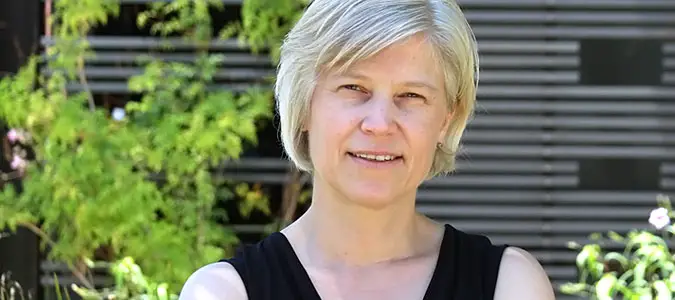Arizona State University professor Alexandra Ros has won the Federation of Analytical Chemistry and Spectroscopy Societies Innovation Award for her innovative research.
The award was presented during the annual SciX conference for her paper, “Electrically Triggered Water-in-Oil Droplets for Serial Femtosecond Crystallography.”
Ros, who is an associate professor at the School of Molecular Sciences, was one of four candidates selected by a scientific committee to present a talk for this year’s special session.
She is credited with developing a method for reducing sample size and waste in her team’s Serial Femtosecond Crystallography (SFX) with X-ray Free Electron Laser (XFEL) experiments.
“This is a unique opportunity to compete scientifically against peers of all other disciplines in the analytical chemistry field,” Ros said.
“I was very excited to have been selected to present our latest research related to serial femtosecond crystallography in the finalist presentation at SciX and am even more excited to have received the recognition. All this would not be possible without a great team of students and collaborators.”
Ros has earlier received a fellowship for experienced researchers from the Alexander-von-Humboldt Foundation in 2015 and NSF Career Award in 2012.
Arizona State University and Truepic Partner to Counter Disinformation



